Manufactured Housing Association for Regulatory Reform
1331 Pennsylvania Avenue, NW a Suite 508
Washington, DC 20004
202-783-4087
Fax 202-783-4075
March 5,2010
VIA ELECTRONIC FILING
Ms. Brenda Edwards
U.S. Department of Energy
Building Technologies Program
6th Floor
950 L’Enfant Plaza, S. W.
Washington, D.C. 20024
- Re: Energy Efficiency Standards for Manufactured Housing
Docket No. EERE-2009-BT-BC-0021
Dear Ms. Edwards:
The following comments are submitted on behalf of the Manufactured Housing Association for Regulatory Reform (MHARR). MHARR is a national trade association representing the views and interests of producers of manufactured housing regulated by the Department of Housing and Urban Development (HUD) pursuant to the National Manufactured Housing Construction and Safety Standards Act of 1974, as amended, 42 U.S.C. 5401, et sec. (Act).
I. INTRODUCTION
On February 22, 2010, the Department of Energy (DOE) published an Advance Notice of Proposed Rulemaking (ANPR) seeking public comments relevant to the development, by DOE, of energy efficiency standards for manufactured homes. Although the construction and safety of manufactured housing, since 1976, has been comprehensively regulated by HUD pursuant to federal standards that include energy conservation and efficiency criteria (see e.g., 24 C.F.R. 3280.501, et sec.), DOE, pursuant to section 413 of the Energy Independence and Security Act of 2007 (EISA), was directed by Congress to establish separate energy efficiency standards for manufactured housing within four years of the date of enactment of EISA. For the Preserving the American Dream of Home Ownership Through Regulatory Reform reasons set forth below, DOE should not proceed with the promulgation or implementation of any standards that are not identical to the existing HUD energy conservation standards until the production and availability of affordable, non-subsidized HUD Code manufactured housing for lower and moderate-income consumers recovers to levels at least comparable to those that existed prior to the enactment of EISA in 2007.
II. COMMENTS
When Congress adopted EISA in 2007, it did not foresee the collapse of the HUD Code manufactured housing market that has occurred since that time and that continues today. Prior to EISA, in 2006, the HUD Code manufactured housing industry, which primarily serves lower and moderate-income American families, produced 117,373 homes. This figure represented a significant decline from 2001 production of 193,120 homes and an even greater decrease from 1998 production levels that approached 400,000 units, but was consistent with previous cyclical industry declines. Since 2007, however, manufactured housing production and sales have fallen dramatically, as a result of the near unavailability of either public or private consumer financing for manufactured home purchases, as well as the failure of the HUD manufactured housing program to fully implement reforms mandated by Congress in the Manufactured Housing Improvement Act of 2000.
During 2009, the condition of the manufactured housing industry continued to deteriorate, as production and sales of new HUD Code manufactured homes fell to 49,683 homes, the lowest production level in the industry’s history. This represents a nearly 90% decline in production over a period of ten years and reflects a catastrophic loss of affordable, non-subsidized housing opportunities for American consumers. It also reflects the closure of production facilities — from approximately 420 in 1998 to 120 today — with the resultant loss of thousands of manufacturing jobs and thousands more jobs lost in other sectors of the industry, including component suppliers, home installers, home transporters, retailers, manufactured housing communities, and finance and insurance providers.
In light of this unprecedented decline and the extreme hardship that it entails for both the industry and consumers, the federal government should not — at this time — impose costly new energy conservation mandates combined with a totally new DOE enforcement system that would parallel the existing HUD enforcement system. Such mandates would inevitably result in substantial increases in the purchase cost of manufactured housing for hard-pressed consumers who cannot obtain purchase financing now. This will exclude even more Americans from the dream of home ownership, in an economy where private mortgage insurance is currently not available for manufactured home transactions and many, if not most manufactured housing consumers, already cannot afford the minimum 20% down payment required by lenders and the Government Sponsored Enterprises (i.e., Fannie Mae and Freddie Mac) which securitize home loans.
Moreover, manufactured homes are already subject to HUD energy conservation standards that result in a relatively tight thermal envelope, consistent with overall affordability, and are carefully balanced against concerns related to air exchange and condensation within the home living space. Any change to the standards could potentially upset that balance, with unforeseen and unintended negative consequences given the unique environment and construction of manufactured homes.
Consequently, for all of these reasons and because Congress, in 2007, could not have foreseen the unprecedented decline of the manufactured housing market and resulting hardships for consumers and the industry, MHARR urges DOE to delay the development, implementation and enforcement of any new manufactured home energy conservation standards, that are not identical to the existing HUD Code energy standards, until such time as industry production levels and the availability of affordable, nonsubsidized manufactured housing for lower and moderate-income consumers return to pre-2007 levels. Such a delay would also benefit consumers by allowing additional time for the implementation of mandates in other laws – such as the “duty to serve underserved markets” and FHA Title I manufactured housing program improvements mandated by the Housing and Economic Recovery Act of 2008 (HERA) — that are designed to restore and expand the availability of consumer financing for manufactured homes.
Sincerely,
Mark Weiss
Senior Vice President
Manufactured Housing Association for Regulatory Reform
1331 Pennsylvania Avenue, N. W.
Suite 508
Washington, D.C. 20004
(202) 783-4087 (Office)
(703) 509-9489 (Direct)
(202) 783-4075 (Fax)
mmarkweiss@aol.com (Email)
cc: Mr. Danny Ghorbani, MHARR

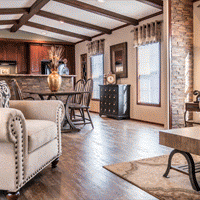



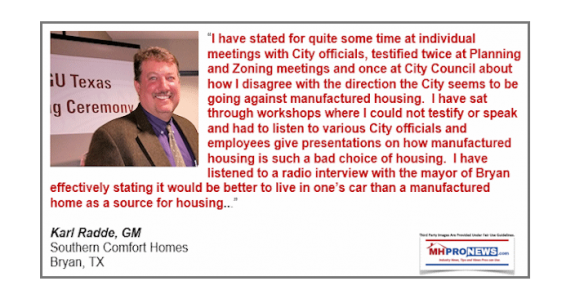
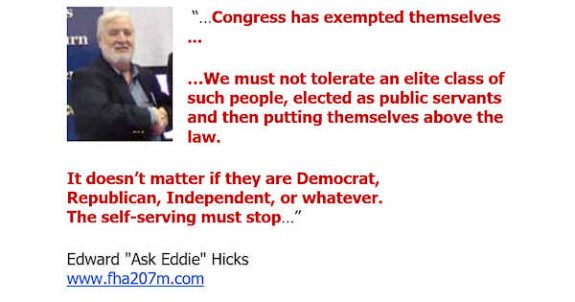
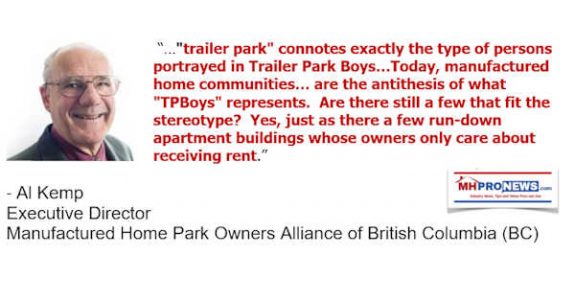
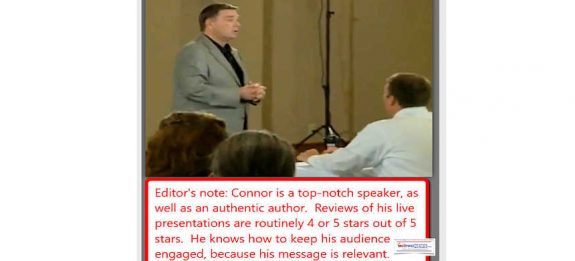
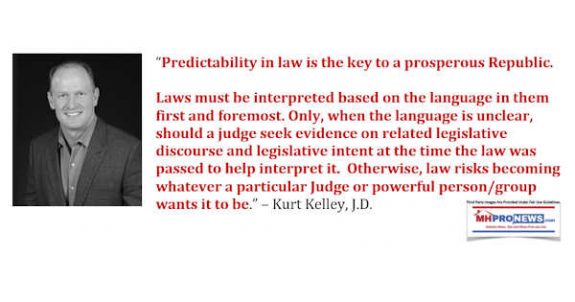

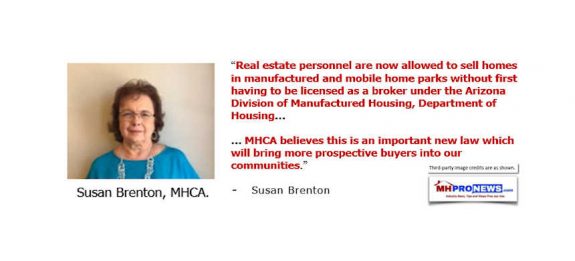
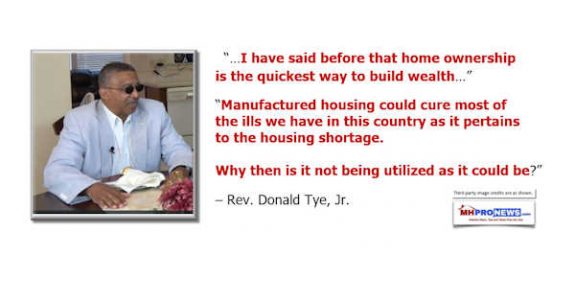
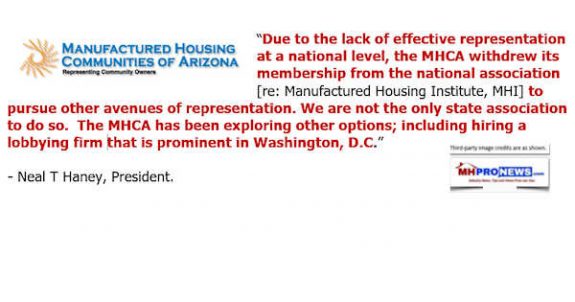

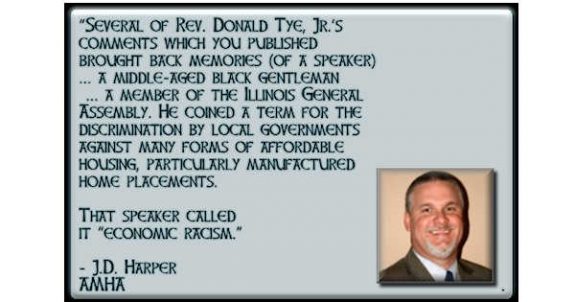
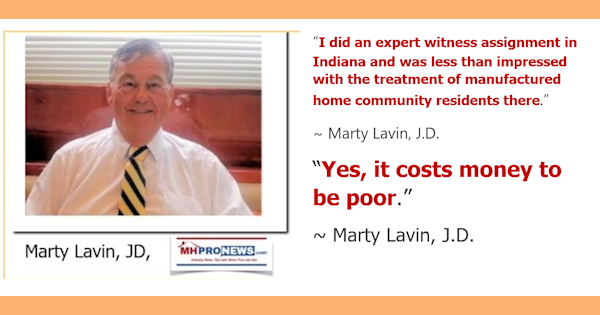
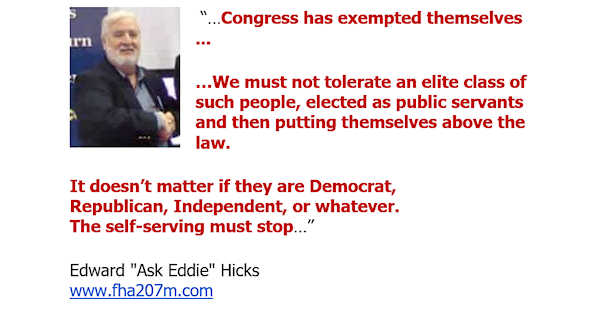
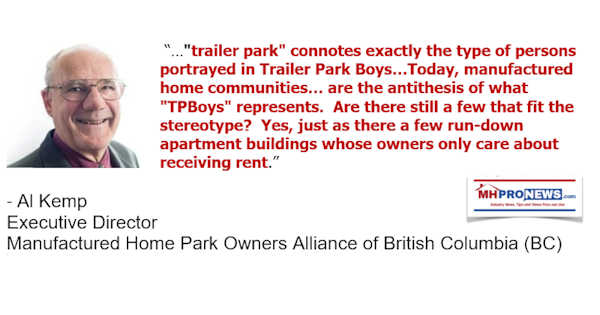
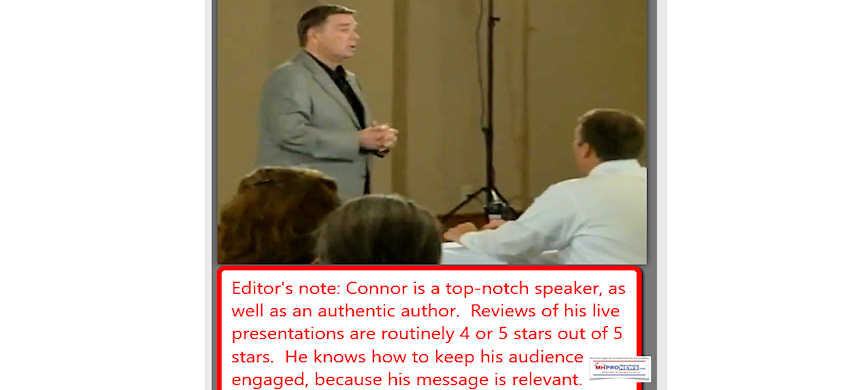
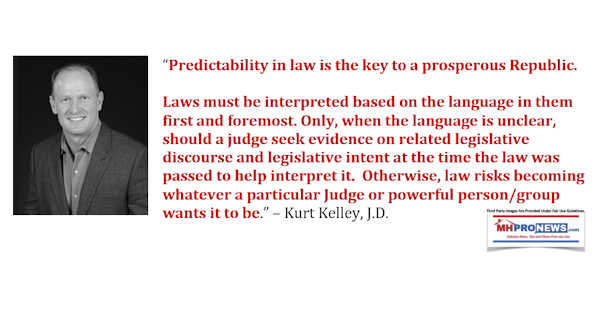

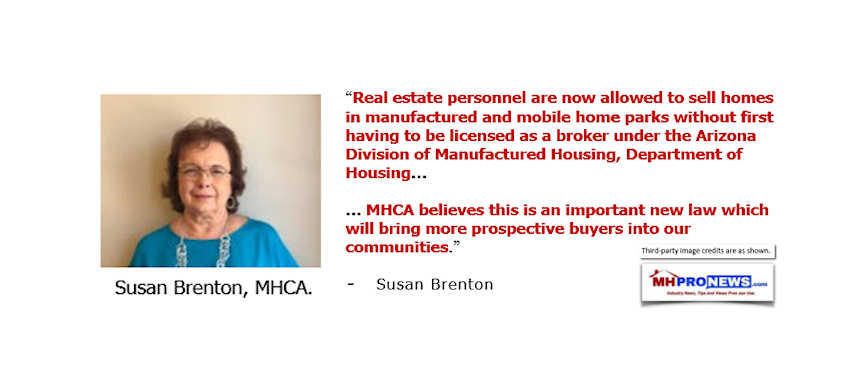
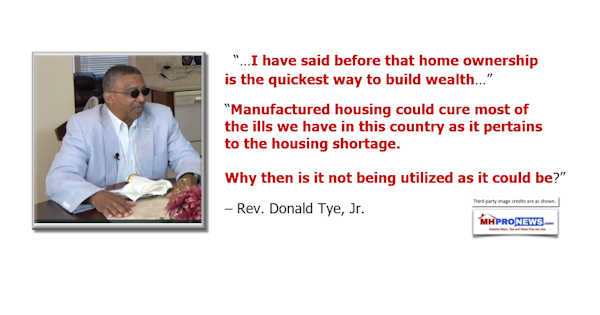
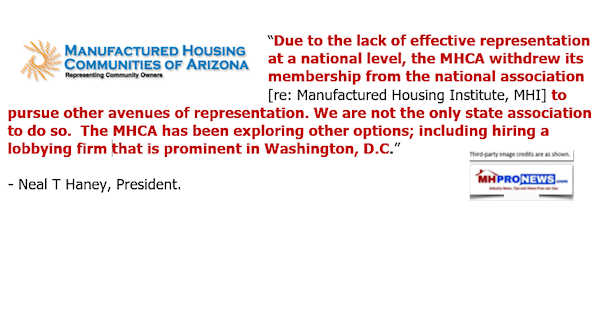

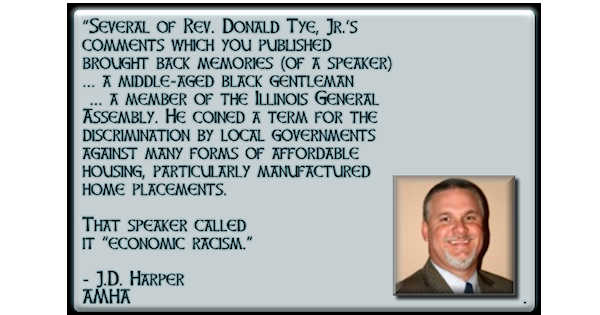
Karl Radde – TMHA, MHI, Southern Comfort Homes – Addressing Bryan City Leaders, Letter on Proposed Manufactured Home Ban
To All Concerned [Bryan City Officials, Others]: As the retail location referenced by Mr. Inderman, I would like to take a moment to address the …